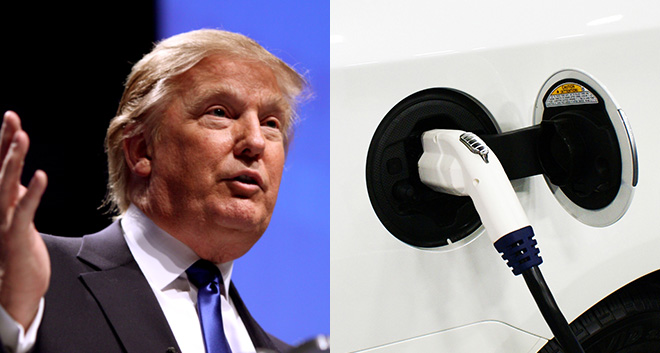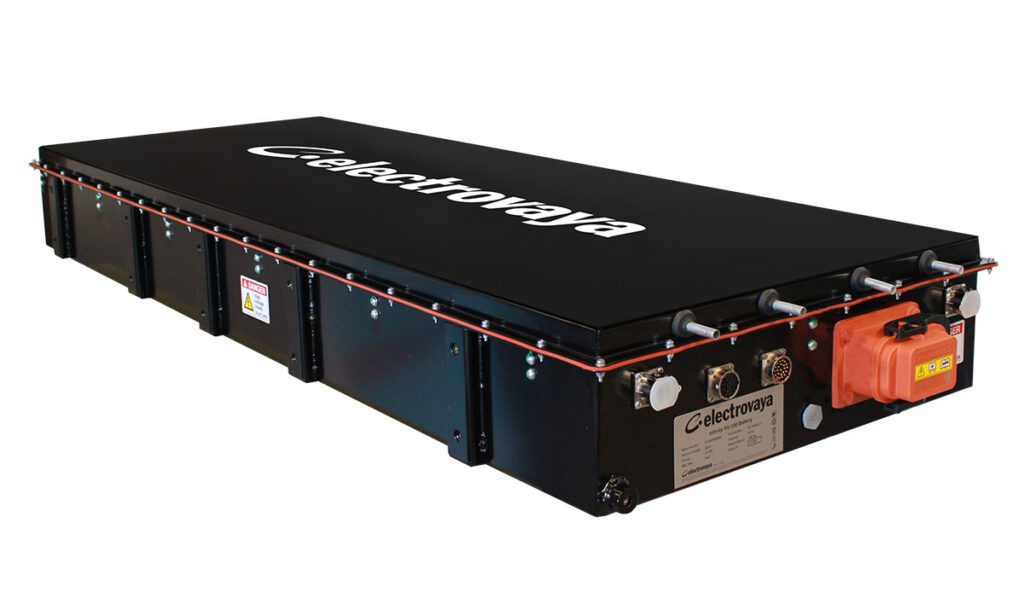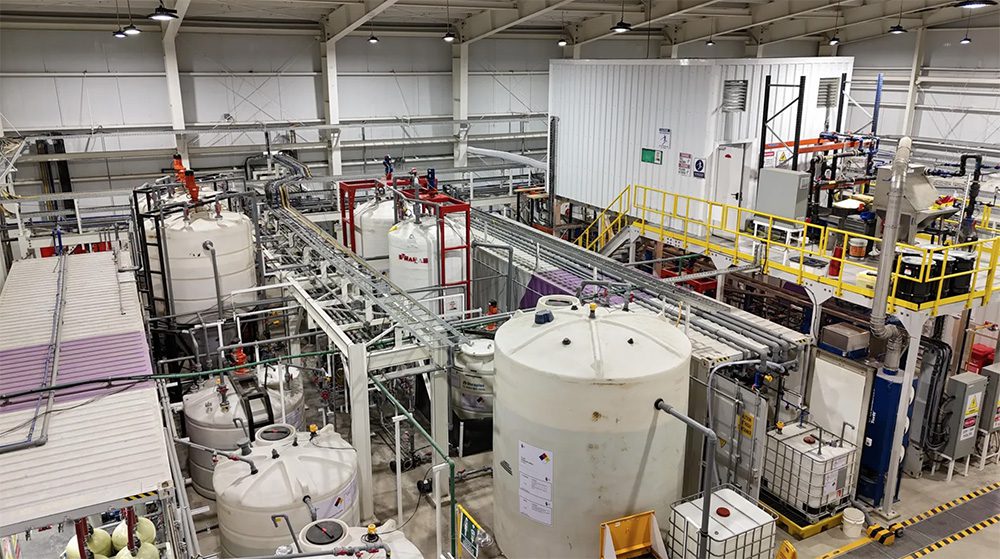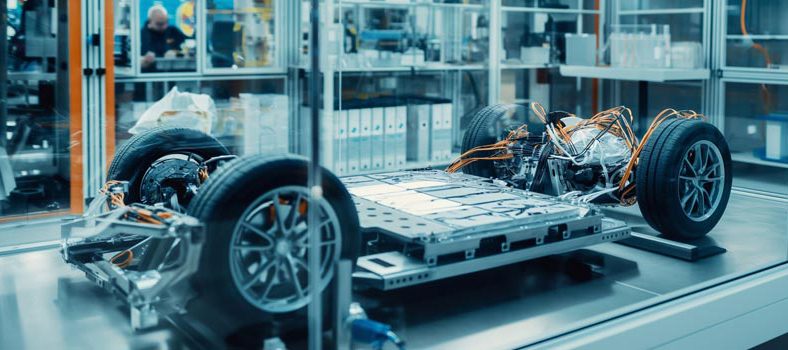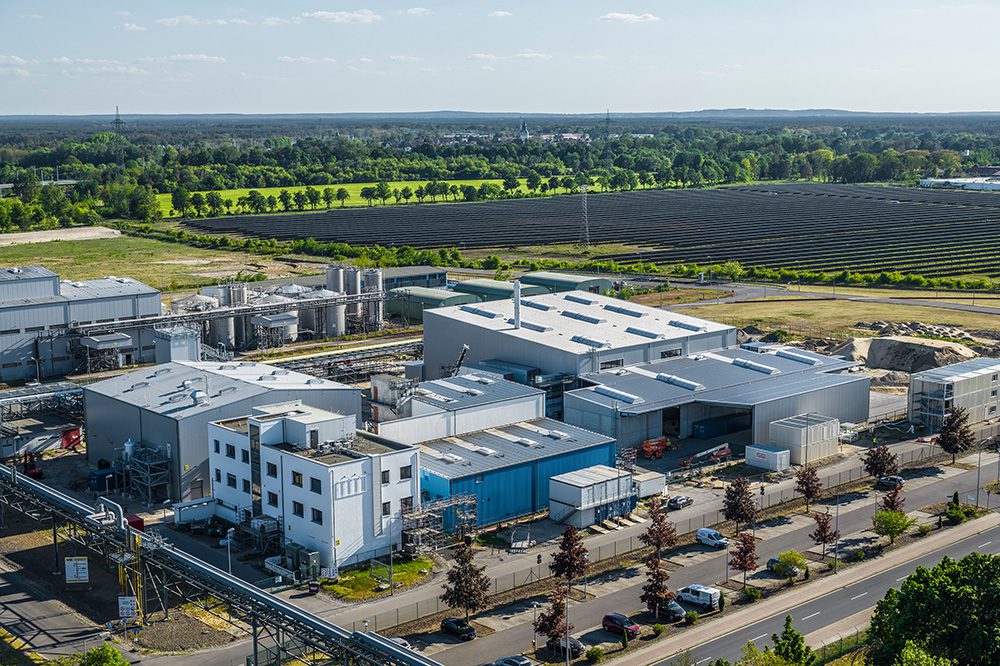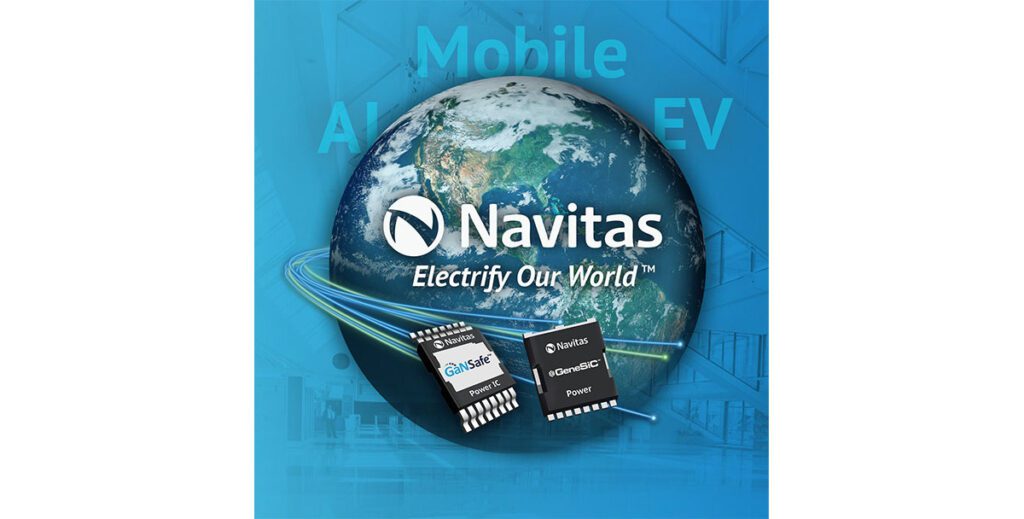GM, Toyota and Fiat Chrysler have announced that they will side with the Trump administration in its war with California over fuel economy standards, in direct opposition to competitors Ford, Honda, Volkswagen and BMW, which struck a compromise with the California Air Resources Board in July. CARB’s deal with the four automakers calls for fleet average fuel economy of 50 mpg by model year 2026, one year later than the previously-agreed target, whereas Trump’s plan would freeze the standards at 37 mpg.
John Bozzella, Chief Executive of the Association of Global Automakers trade group, spoke for the three Trump-aligned automakers. The group has “historically taken the position that fuel economy is the sole purview of the federal government,” he told the New York Times. However, he held out hope for a compromise: “It doesn’t have to come to that….We can still reach an agreement that is supported by all the parties.”
Honda reiterated its support for the stronger standards. “Honda is not a participant in this litigation, and is not contributing any funds supporting our trade association’s activity in this area,” spokesman Marcos Frommer told the Times. He added that Honda has already committed to following the stricter standards agreed on with California through model year 2026.
State governments are also taking sides in the battle over states’ rights and air pollution standards. Since the Trump administration launched its crusade, Colorado, Minnesota and New Mexico have joined the “clean air states,” bringing the total to 15. In September, eloquent EV advocate Arnold Schwarzenegger wrote a Washington Post op-ed in support of California’s position.
A score of other states have joined California in a lawsuit against the Trump administration, maintaining that states’ authority to set their own pollution standards is part of the 1963 Clean Air Act, and that its revocation is unlawful.
“We are disappointed in the Association of Global Automakers for hiding behind the Trump administration’s skirts and its assault on public health,” said CARB Chairwoman Mary D. Nichols. “[California will] keep working with those automakers committed to a framework that delivers cleaner vehicles that benefit consumers and the environment.”
The legal battle between the administration and the clean air states will take months to play out, and most observers agree that it will end up in the Supreme Court. However, the baleful effects on the US EV industry are already plain to see. Over the past few months, global automakers (including GM and Toyota) have announced dozens of new plug-in models and billions in investment – the vast majority of it destined for China and Europe. Volkswagen and Honda are just two brands that have recently launched new EVs that they have no plans to bring to the US market.
The US Big Three (and Toyota) currently sell one plug-in vehicle each in North America, all of them aging, low-volume models.
The longer US political and business leaders try to hold back the technological tide, the more resources and decision-making power in the auto industry will migrate to Europe and China. Some opposition leaders understand this dynamic. Senator Chuck Schumer (D-New York) has proposed investing almost half a trillion dollars to help the US auto industry electrify. “My plan is estimated to create tens of thousands of new, good-paying jobs in this country and should re-establish the United States as the world leader in auto manufacturing,” he wrote in a in a New York Times op-ed. “But we have to move fast…If we don’t match the level of China’s commitment, we will miss an enormous opportunity.” (Ironically, a GM spokesperson offered words of praise for Schumer’s plan, days before the company’s actions took it in the opposite direction.)
Understatement of the week department: Senator Tom Carper (D-Delaware), who sits on the Senate Environment and Public Works Committee, told the Times that the three automakers’ decision to side with Trump is “not in the long-term best interest of these companies – really, it’s just the opposite.”
Source: New York Times







